Mayor blames State for huge landfill price hikes during cost-of-living crisis
The massive increase in fees to take domestic waste to the Rockhampton landfill is about to hit the hip-pocket nerve, and Mayor Tony Williams is pointing his finger at the State Government.
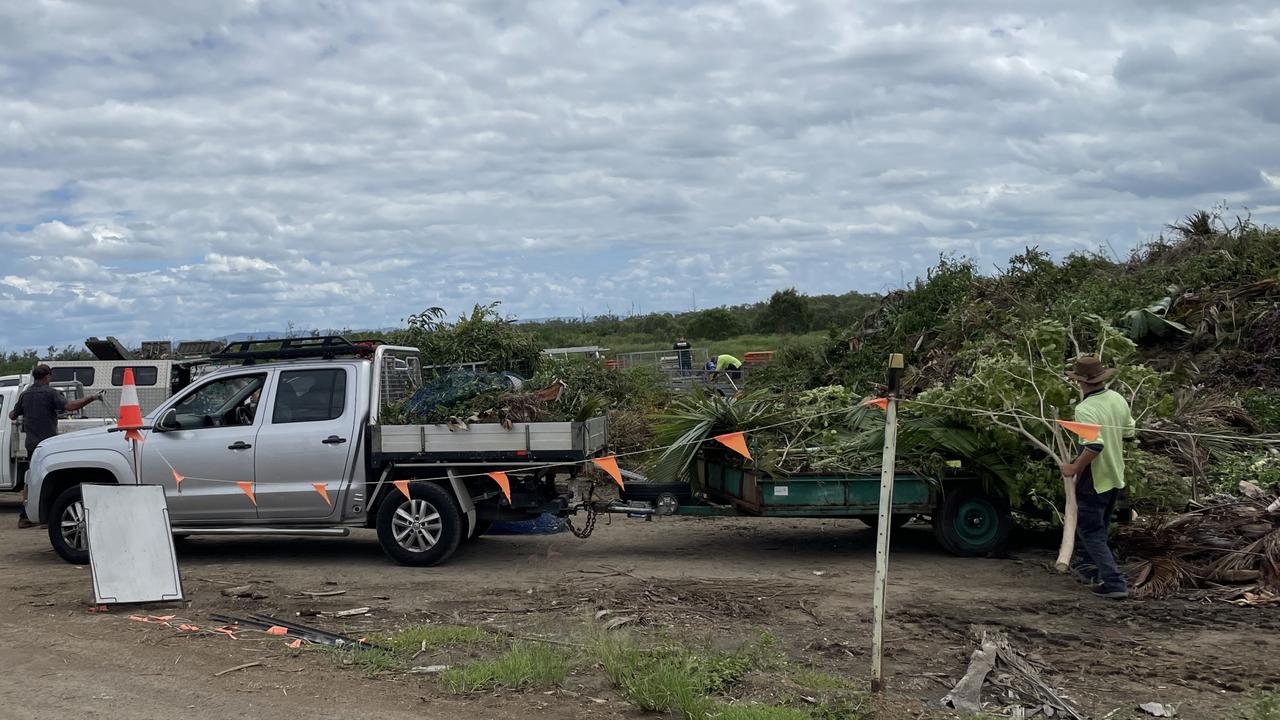
Business
Don't miss out on the headlines from Business. Followed categories will be added to My News.
The cost of taking a trailer of trash to the Rockhampton landfill is surging as much as 44 per cent, and Mayor Tony Williams is pointing the finger of blame at the State Government.
Cr Williams did not hold back in his condemnation of the government’s new “waste tax” on councils as he responded to concerns from Cr Marika Taylor at last week’s council meeting about the steep price rises at the landfill.
“That's why we are calling on our state members to stand-up and say this new levy and advanced payments is unfair,” he said.
“This is a tax grab that still hasn't been explained how it’s occurring but it’s the council and the ratepayers who will be held accountable by the people going through the gates.”
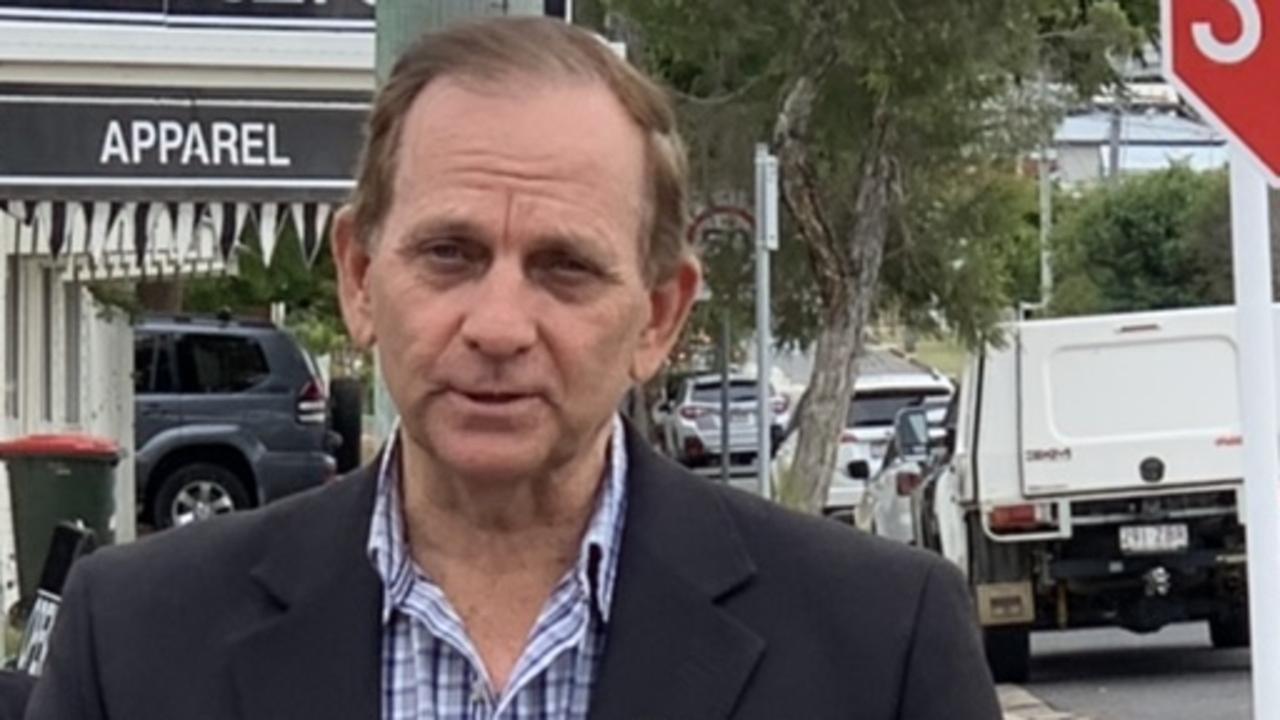
Cr Taylor agreed with Cr Williams “100 per cent” about the State’s role in forcing prices to increase, but the size of the large trailer fee from $36 to $52 was “particularly” concerning.
Other domestic waste price increases include:
- 240 litre wheelie bin, car boot sedan/SUV or station wagon goes -$20 to $23,
- Trailer 6x4, utility, tray back, van, – $31 to $39.
- Larger trailer or 6x4 trailer or ute using hungry boards – $36 to $52.
- Truck, tandem axle horse float – $118 to $161 a tonne.
The landfill increases are linked to the impact of the State Government’s 30 per cent reduction of its rebate to council for domestic use which begins July.
Cr Williams said last month the cost of that reduction to council this financial year would be $1m, and it appeared the spike in general waste fees from July 1 was a direct adjustment to cover the impact.
A senior council officer said the council carried out an “extensive review” on landfill fees based on the information it had received on the new waste levy.
A report to council also highlighted several changes to green waste fees.
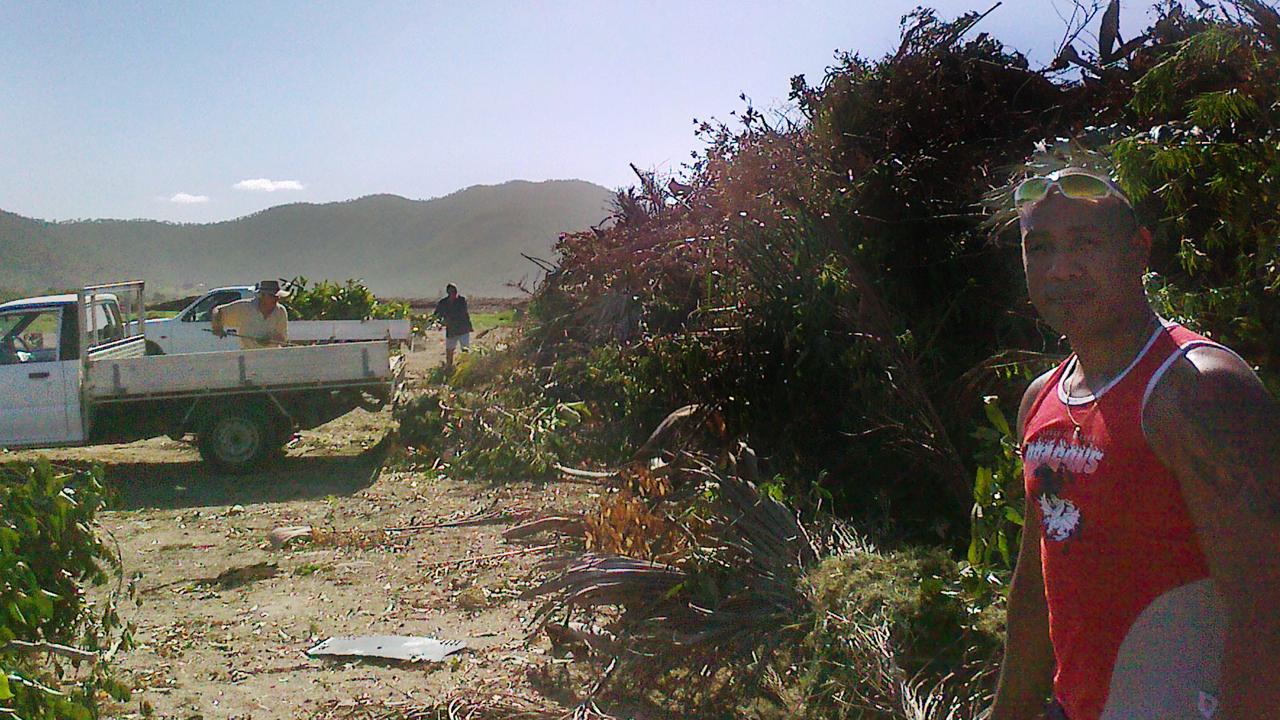
It said the threshold for applying commercial greenwaste fees had increased from 150kg to 170kg, aligning with an increased commercial fee, with the adjustment aiming to “minimise disputes at the gatehouse”.
There has been a trailer size adjustment to remove the category for large trailers – or 6’x4’ trailers/utes using hungry boards – to avoid confusion by customers and provide clarity that there is now only one trailer type which is to be charged at a lower rate of $7.
The report said this change may result in a revenue loss of approximately $3,802, however the benefit of reducing controversy outweighed this loss.
The minimum charges for cars $5 and trailers $7 remains the same as in 2024-25.
The commercial fee has been increased by 10 per cent to $43 per tonne, covering approximately 50% of the total cost.
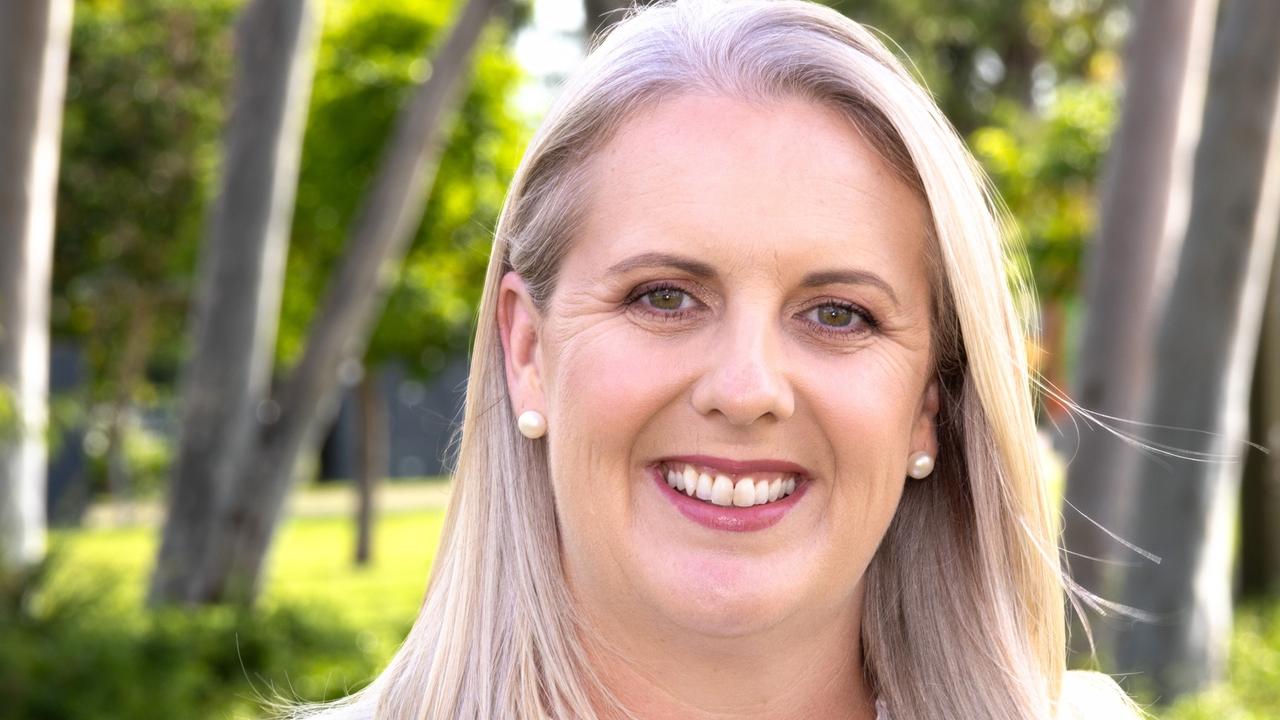
The state’s waste tax levy was first introduced in 2019 by Labor to reduce waste at landfills by targeting better diversion of commercial rubbish, while residents were covered from the levy cost courtesy of the domestic rebate.
Landfill operators (local councils and private businesses) pay the levy to the Queensland Government based on the amount of leviable waste disposed of to landfill.
However the State’s rebate for domestic use will now slowly reduce over the next six years and, by 2031, larger councils including Rockhampton, Fraser Coast, Bundaberg, Cairns, Gladstone, Mackay and Townsville, will only be refunded 20 per cent of the initial 2019 tax which is paid by commercial operators.
Cr Williams said he was counting on Central Queensland MPs to fight the impact on councils and “support the communities they serve”.
“We need to make our state members aware this is an unfair tax on the households of regional Qld,” he said.
“When we talk about the cost-of-living crisis and this is a (domestic user) tax that has no explanation on why it was introduced to regional councils.”
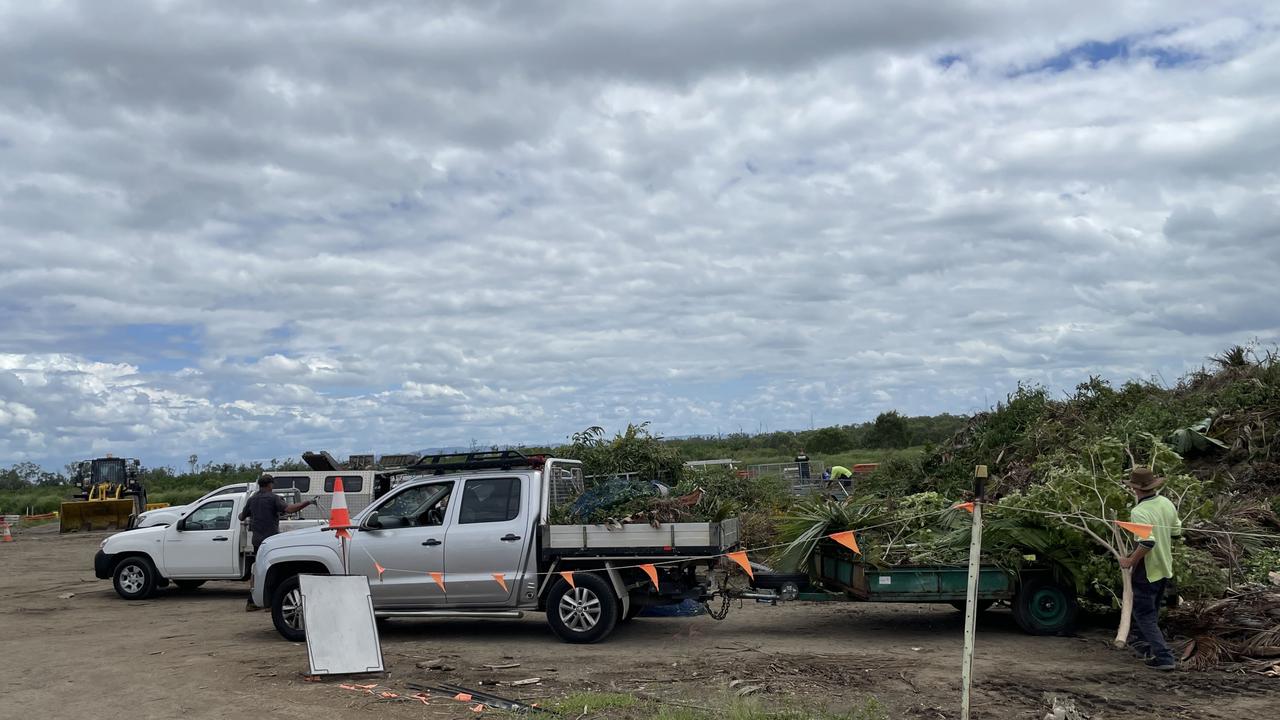
Environment and Tourism, Minister for Science and Innovation Minister Andrew Powell has previously defended the changes being rolled out under the Crisafulli Government, placing the financial responsibility squarely with councils.
“Labor introduced the waste levy in 2019, for every tonne of waste that goes into landfill,” Mr Powell said last week.
“The state government has paid councils more than $800m since then to subsidise their liability, and 70 per cent of (the 2025-26) payment has already been paid – in line with a formula laid out in the Waste Reduction and Recycling Regulation.
“The Crisafulli Government is focused on helping councils avoid the levy altogether by investing in the infrastructure needed to boost recycling rates and keep waste out of landfill.”
Using the returns from the levy revenue, the Queensland Government says it is investing in a $2.1bn waste and resource recovery package over ten years, including a $1.1bn Recycling and Jobs Fund.
The State Government says the new fund will help improve the way products are made, used and recovered so that we are using less, using things for longer and avoiding waste going to landfill.
The levy zone is divided into two areas, covering 39 out of Queensland’s 77 local government areas: the metro zone — comprising 12 southeast Queensland local government areas and the regional zone — made up of the remaining 27 local government areas in the current levy zone.
There are levy exemptions for some specific types of waste, such as waste that results from a declared disaster.
Andrew Powell’s office and Rockhampton MP Donna Kirkland have been approached for further explanation and comment.
More Coverage
Originally published as Mayor blames State for huge landfill price hikes during cost-of-living crisis








